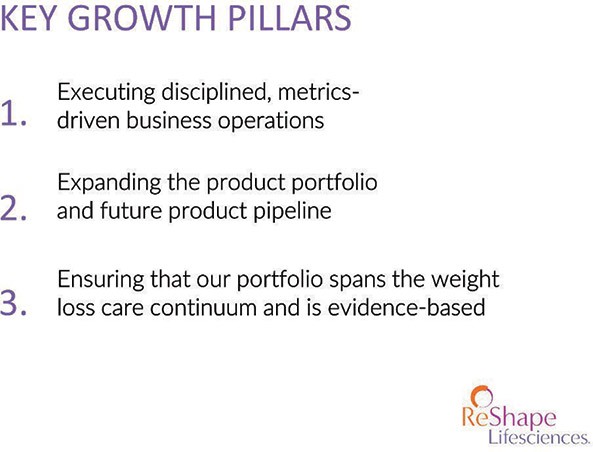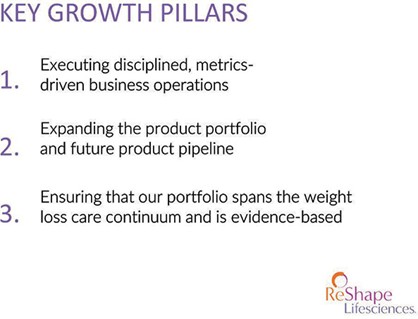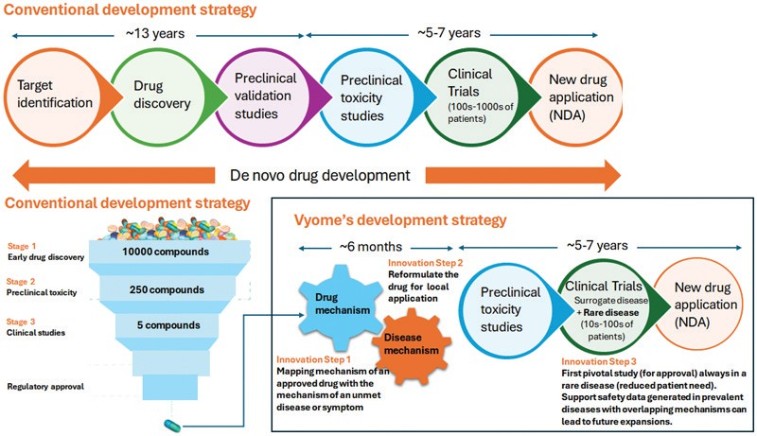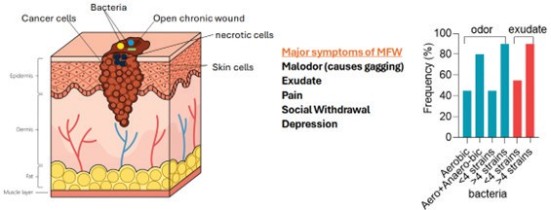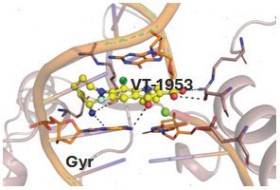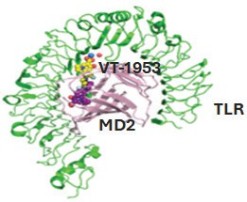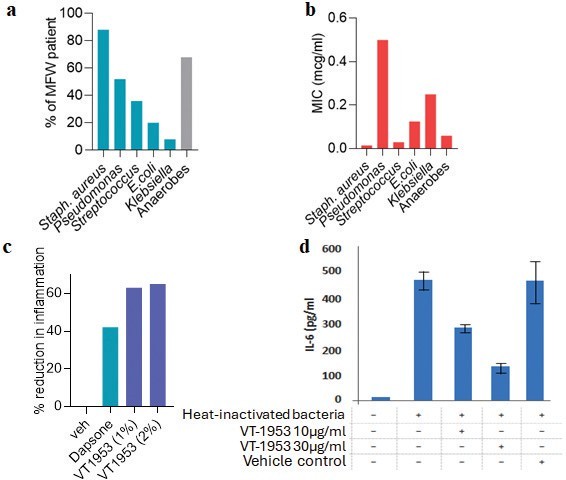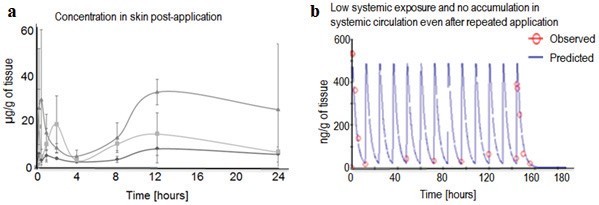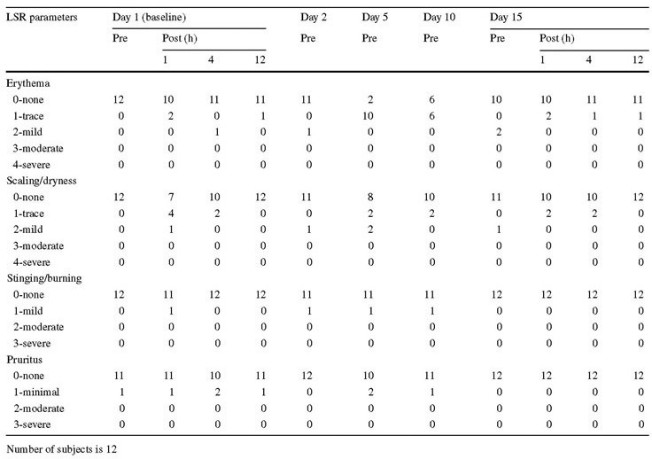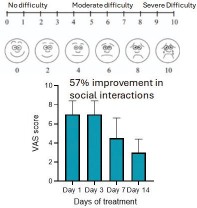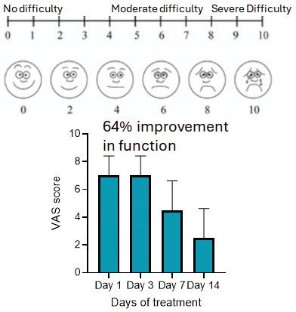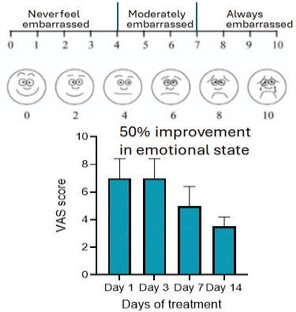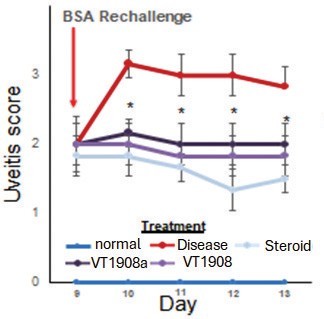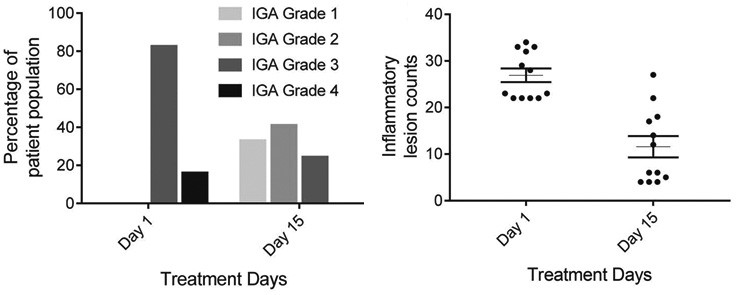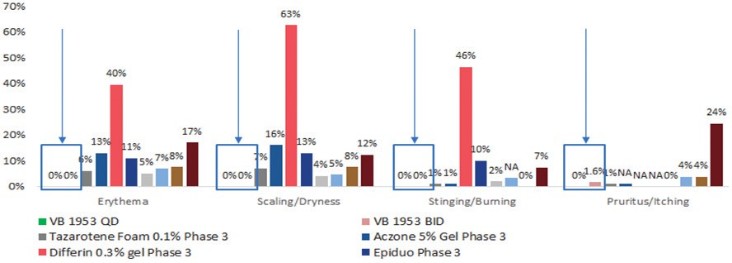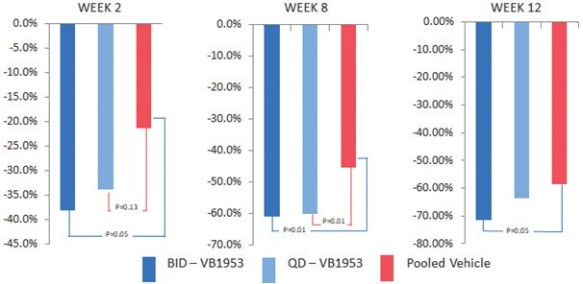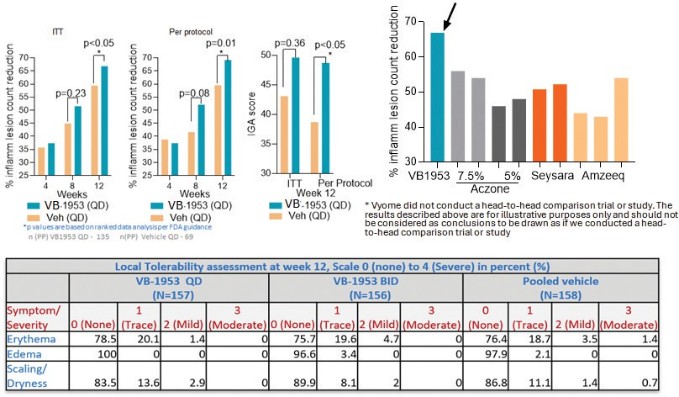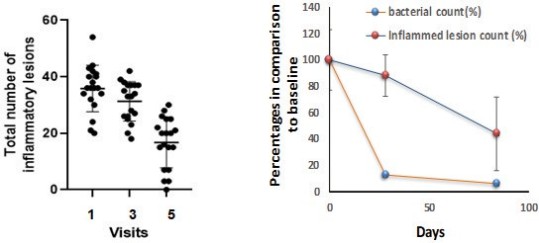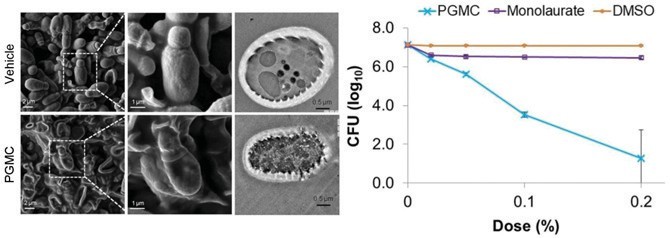become subject to such litigation. If the Combined Company is unable to, or have not fully complied with such laws, it could face substantial penalties.
The Combined Company’s operations, directly or indirectly through customers, may be subject to various state and federal fraud and abuse laws, including, without limitation, the federal Anti-Kickback Statute and federal False Claims Act. These laws may impact, among other things, our sales, marketing and education programs.
The federal Anti-Kickback Statute prohibits persons from knowingly and willfully soliciting, offering, receiving or providing remuneration, directly or indirectly, in exchange for or to induce either the referral of an individual, or the furnishing or arranging for a good or service, for which payment may be made under a federal healthcare program such as the Medicare and Medicaid programs. Several courts have interpreted the statute’s intent requirement to mean that if any one purpose of an arrangement involving remuneration is to induce referrals of federal healthcare covered business, the statute has been violated. The Anti- Kickback Statute is broad and, despite a series of narrow safe harbors, prohibits many arrangements and practices that are lawful in businesses outside of the healthcare industry. Penalties for violations of the federal Anti-Kickback Statute include criminal penalties and civil sanctions such as fines, imprisonment and possible exclusion from Medicare, Medicaid and other federal healthcare programs. Many states have also adopted laws similar to the federal Anti-Kickback Statute, some of which apply to the referral of patients for healthcare items or services reimbursed by any source, not only the Medicare and Medicaid programs.
The federal False Claims Act prohibits persons from knowingly filing, or causing to be filed, a false claim to, or the knowing use of false statements to obtain payment from the federal government. Suits filed under the False Claims Act, known as “qui tam” actions, can be brought by any individual on behalf of the government and such individuals, commonly known as “whistleblowers,” may share in any amounts paid by the entity to the government in fines or settlement. The frequency of filing qui tam actions has increased significantly in recent years, causing greater numbers of medical device, pharmaceutical and healthcare companies to have to defend a False Claims Act action. When an entity is determined to have violated the federal False Claims Act, it may be required to pay up to three times the actual damages sustained by the government, plus civil penalties for each separate false claim. Various states have also enacted laws modeled after the federal False Claims Act.
The Combined Company may be unable to predict whether it could be subject to actions under any of these laws, or the impact of such actions. If the Combined Company is found to be in violation of any of the laws described above or other applicable state and federal fraud and abuse laws, it may be subject to penalties, including civil and criminal penalties, damages, fines, exclusion from government healthcare reimbursement programs and the curtailment or restructuring of its operations.
Failure to protect the Combined Company’s information technology infrastructure against cyber-based attacks, network security breaches, service interruptions or data corruption could materially disrupt its operations and adversely affect its business.
The operation of the Combined Company’s business will depends on our information technology systems. It will rely on its information technology systems to, among other things, effectively manage sales and marketing data, accounting and financial functions, inventory management, product development tasks, clinical data, customer service and technical support functions. Its information technology systems may be vulnerable to damage or interruption from earthquakes, fires, floods and other natural disasters, terrorist attacks, power losses, computer system or data network failures, security breaches, data corruption, and cyber-based attacks. Cyber-based attacks can include computer viruses, computer denial-of-service attacks, phishing attacks, worms, and other malicious software programs or other attacks, covert introduction of malware to computers and networks, impersonation of authorized users, and efforts to discover and exploit any design flaws, bugs, security vulnerabilities, or security weaknesses, as well as intentional or unintentional acts by employees or other insiders with access privileges, intentional acts of vandalism by third parties and sabotage. In addition, federal, state, and international laws and regulations, such as the General Data Protection Regulation adopted by the European Union and European Economic Area countries can expose the Combined Company to enforcement actions and investigations by regulatory authorities, and potentially result in regulatory penalties and significant legal liability, if the Combined Company’s information technology security efforts fail.
The Combined Company may in the future become involved in lawsuits, to protect or enforce its intellectual property, which can be expensive and time consuming and could result in the diversion of significant resources.
Adverse proceedings such as litigation or challenges to the validity of our patents can be expensive, time consuming and may divert the efforts of our technical and managerial personnel, which could in turn harm its business, whether or not it receive a favorable determination. In addition, in an infringement or other adverse proceeding, a court may decide that the patent the Combined

